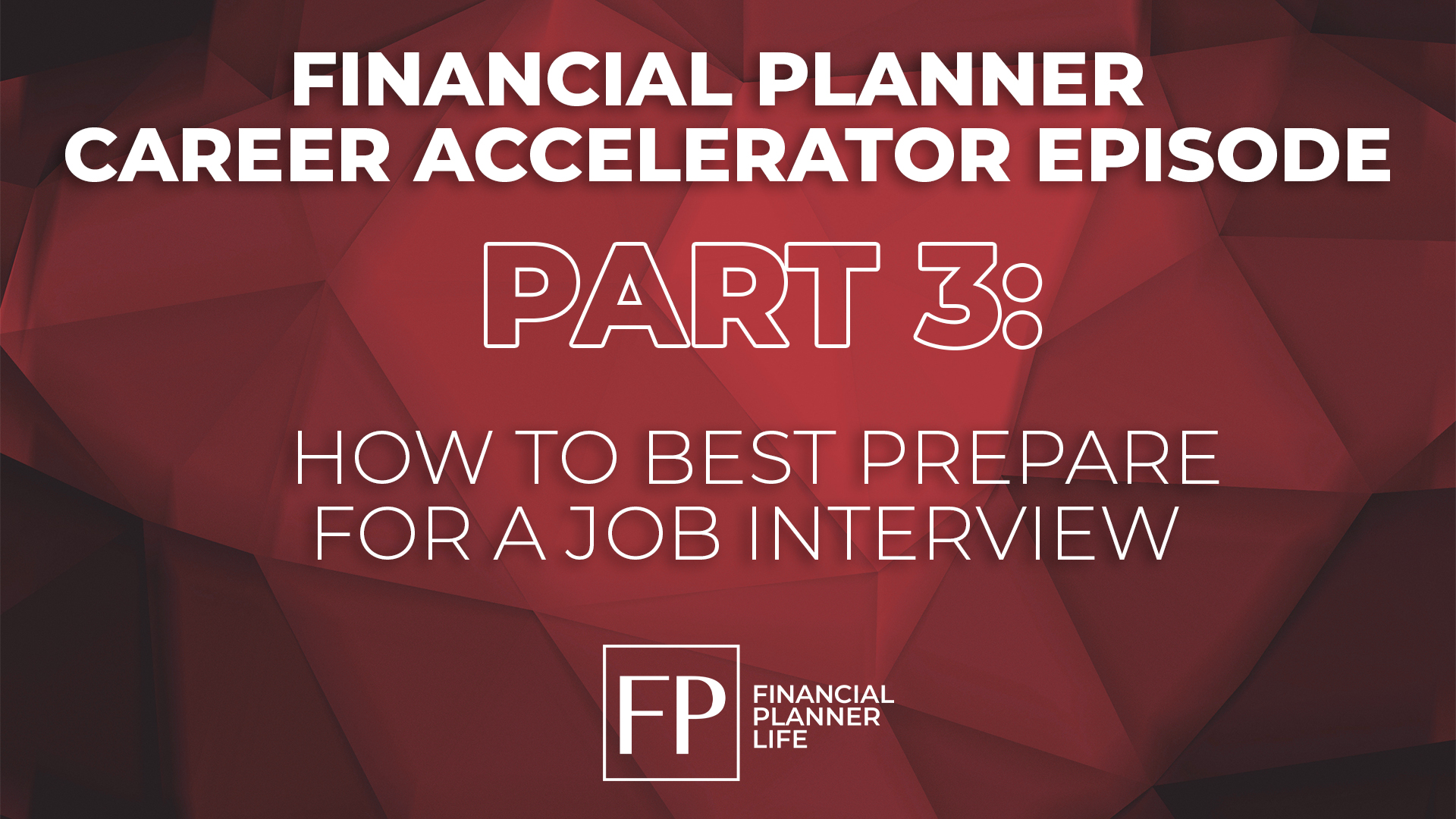Are you thinking about becoming a paraplanner? The road to becoming a paraplanner in the UK can be quite confusing. From unclear job descriptions to a number of different qualifications and certificates, it can be hard to know which route to take and how to become a paraplanner – which is exactly why we’ve written this blog. From qualifications and on-the-job-learning to training and development, we explore the different options available to you so your paraplanner career can take off in the right direction.
What is paraplanning?
First thing’s first, what is paraplanning? At its most basic level, a paraplanner is an individual who, along with a financial planner, creates, prepares, implements and reviews a client’s financial plan and advice. As a paraplanner, you will be part of a team also made up of a financial planner and an administrator, with each member of the team having specific roles and responsibilities to ensure the client receives the best service possible. Today, the role of the paraplanner can even be client-facing, with boutique firms often choosing to bring paraplanners into meetings to add additional value to the client.
According to the Chartered Institute for Securities and Investment, the role of the paraplanner can be broken down into four key parts:
- Preparing and maintaining the client file: confirming risk profiles and clients objectives, identifying information, compiling a cash flow analysis
- Preparing recommendations: identifying areas for planning, carrying out research to find solutions, considering asset allocations and investment strategies, preparing recommendation reports
- Implementing recommendations: preparing suitability letters, completing application forms, ensuring all compliance paperwork is in order, implementing plans
- Reviewing client files, portfolios, products and processes: attending and organising meetings, reviewing portfolios, initiating review meetings
The time is now
If you’re interested in developing your career as a paraplanner, now is most definitely the time. Until around 20 years ago, the role didn’t exist and financial advisers would hop between client-facing and back-office tasks. Paraplanning became a vague position that sat somewhere between an administrator and a financial planner – but recently, the role has become much more, and today paraplanners are indispensable.
A good paraplanner can add real value to a firm by creating capacity for its advisers and allowing them to spend more time with clients, thus driving income. They often become a source of referral and guidance and are there to ensure that any advice is suitable, of the very best quality and fully documented on the file. In addition, in the compliance-orientated, post-RDR world, the role of the paraplanner is essential – and as such, paraplanning is a fantastic career choice.
In fact, in a recent study, nearly two-thirds of financial planners and advisers said paraplanners free them up to concentrate on more valuable activities, whilst nearly half say they also add value in other non-financial ways. Firms today aren’t afraid to pay for high-quality paraplanner either: high-end paraplanners and paraplanning managers can earn up to £60,000-£70,000.
Qualifications
So, what qualifications are needed to become a paraplanner? Well, actually – none. Whilst some employers may require their paraplanners to have achieved or be working towards an appropriate qualification, officially there is no qualification needed. However, the more you learn and the more qualified you become, the more you will have a competitive advantage over others – so qualifications are really important in advancing your career as a paraplanner. In fact, 71% of Money Marketing members believe that paraplanners should be level four qualified.
When it comes to qualifications, there are a fair few options to choose from, including the Certificate in Paraplanning from CISI, which was developed to test the application of skills and the technical knowledge needed by paraplanners. Another option is the Chartered Insurance Institute Certificate in Paraplanning, which offers a dedicated qualification route to develop skills, expertise and knowledge in key areas.
Success in these exams shows you have the appropriate technical knowledge and planning skills required to excel in your role as a paraplanner. Bear in mind, however, that these exams are expensive and aren’t made to be easy. In fact, The CII estimates that the total qualification time is around 270 hours, so you need to study hard. These qualifications are also expensive, but many employers are willing to help towards the cost. If you are interested in studying for these qualifications in order to develop your skills, it’s definitely worth asking your employer to help – and keep in mind that if they aren’t willing to do so, there will be other companies out there who will.
On-the-job learning
Another essential element of how to become a paraplanner is on-the-job learning. Many people in the industry believe that experience is just as important as qualifications, so on-the-job learning provides another path into paraplanning – and one of the most natural routes is from a financial administration role. If you are currently a financial administrator, it’s an excellent starting point. Not only do you have the benefit of experience in the day-to-day running of an office in the fast-paced financial sector, but you should also automatically get closer to the financial planning process. What’s more, if your firm is aware of your career progression plans, you might even get the opportunity to carry out analysis and make recommendations. There should also be the opportunity to gain some client exposure too – all of which is a huge benefit when progressing to a paraplanning role.
Trainee financial advisers often decide to cross over to paraplanning, too. Entry-level trainee adviser roles are often open to graduates with a relevant degree who are looking to get into the industry. As a trainee adviser, you will shadow and assist a financial planner or adviser, giving you unbeatable opportunities for on-the-job learning. In addition, in a trainee adviser role, it’s likely that your employer will support you in gaining the relevant qualifications as well.
Training and development
Training and development will play a pivotal role in furthering your career as a paraplanner. From understanding the basics to learning about financial services and the various professions within it, the more training you have under your belt, the better – so make sure you take advantage of any training opportunities that arise in your current role. From training on regulatory frameworks to the key principles and ethics of financial services, as well as the different financial products available, what they are for and how they can be used; it all adds something to your CV and helps to set you apart from the competition.
Considering the ever-changing nature of the industry, most financial firms should offer ongoing training and development programmes. However, if there aren’t any suitable training and development opportunities currently available in your company and there is something specific you would like the chance to learn more about, it’s always worth asking if they would be willing to send you to a relevant training course. Remember – if you don’t ask, you don’t get!
If you’re finding it hard to find a suitable route into paraplanning, if you feel like you are a paraplanner dressed up as a senior administrator, or if your current company isn’t offering a clear route to becoming a paraplanner, don’t worry: there are plenty of other firms out there who are.
For more information on how to become a paraplanner or to find out about the roles we are currently working on which could be suitable for you, contact Recruit UK today.












